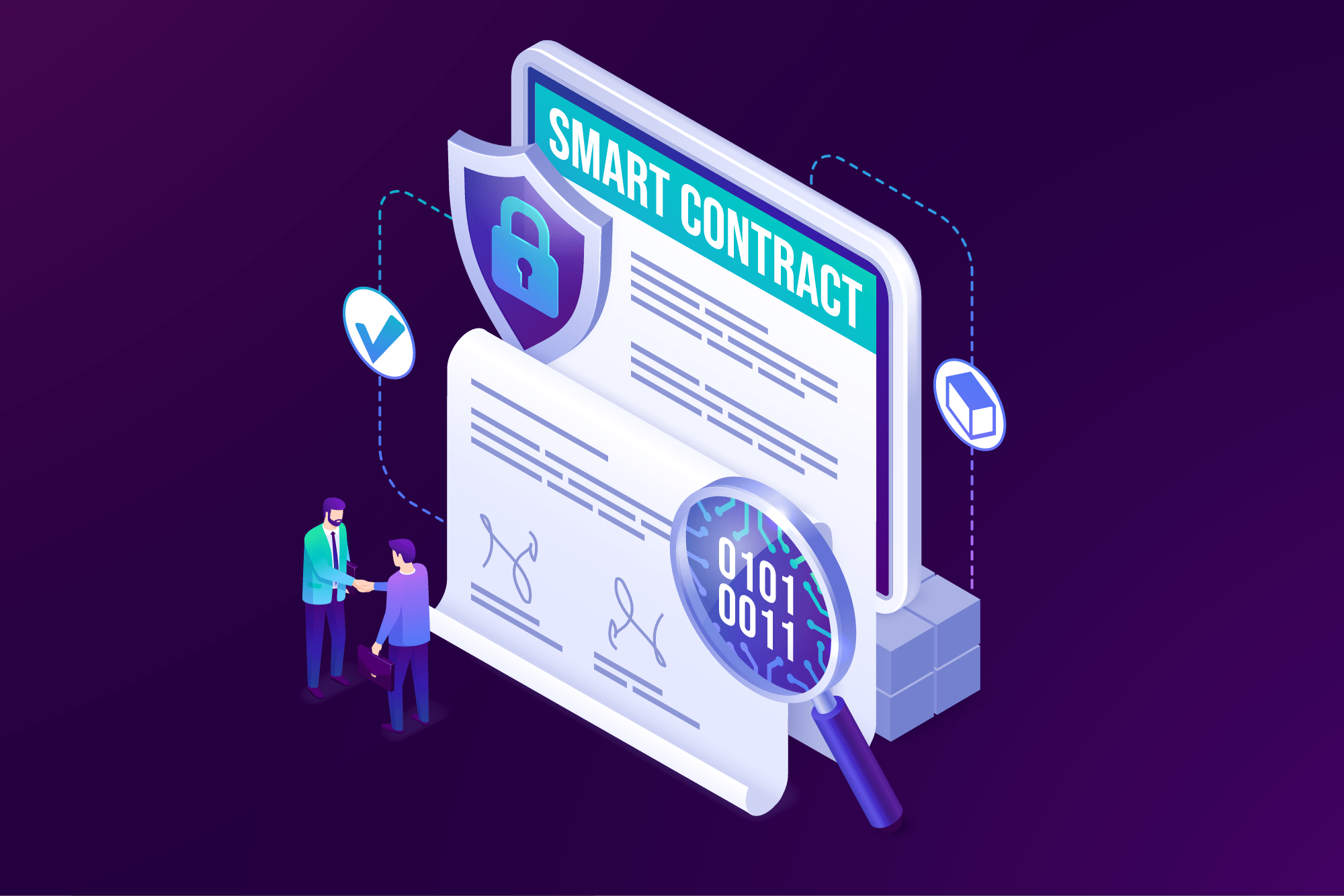Contracts
- Home
- Contracts

There are several types of IT contracts that can be used in different situations and for various purposes. Here are some common types of IT contracts:
- Software Development Agreement: This type of contract outlines the terms and conditions for developing custom software. It defines the scope of work, deliverables, timelines, pricing, intellectual property rights, and other relevant provisions.
- Service Level Agreement (SLA): An SLA is a contract that establishes the service standards, performance metrics, and obligations of an IT service provider. It outlines the agreed-upon service levels, response times, uptime, support, and other key aspects of the services being provided.
- IT Consulting Agreement: This contract is used when engaging IT consultants or experts for advisory or project-based work. It defines the scope of consulting services, deliverables, timelines, payment terms, and other terms specific to the consulting engagement.
- IT Support and Maintenance Agreement: This contract outlines the terms and conditions for ongoing IT support and maintenance services. It covers aspects such as response times, issue resolution, software updates, hardware maintenance, and pricing.
- Software Licensing Agreement: This agreement governs the licensing and use of software. It outlines the rights and restrictions of the software license, payment terms, usage limitations, intellectual property rights, and any other relevant provisions.
- Data Protection Agreement: In situations where personal data is being processed or shared, a data protection agreement ensures compliance with data protection laws and outlines the responsibilities and obligations of the parties in relation to data security, privacy, and confidentiality.
- Cloud Computing Agreement: When using cloud services or engaging with cloud service providers, a cloud computing agreement specifies the terms and conditions for utilizing the cloud infrastructure, services, data storage, security measures, and data ownership.
- Non-Disclosure Agreement (NDA): An NDA is a contract that ensures the confidentiality and protection of sensitive information. It is commonly used when sharing proprietary or confidential information during IT projects or collaborations.
- Hardware Purchase or Lease Agreement: This type of contract covers the purchase or lease of hardware equipment, such as servers, networking devices, or computer systems. It outlines the specifications, pricing, warranty terms, support, and any other relevant provisions.
- Software-as-a-Service (SaaS) Agreement: SaaS agreements define the terms and conditions for using cloud-based software applications. They typically cover licensing, usage rights, data ownership, security measures, support, and subscription fees.
These are just a few examples of IT contracts. The specific type of contract required will depend on the nature of the IT services, projects, or collaborations involved. It is recommended to consult with legal professionals experienced in IT contracts to ensure that the contract accurately reflects the intentions and protects the interests of all parties involved.

IT contracts refer to legal agreements that define the terms and conditions of a business relationship between an IT service provider and a client. These contracts outline the rights, responsibilities, and obligations of both parties involved in the IT project or service. Here are some key aspects to consider when dealing with IT contracts:
- Scope of Work: Clearly define the scope of work or project in the contract. Outline the specific tasks, deliverables, timelines, and any other relevant details that define the project’s objectives and expectations.
- Terms and Conditions: Include important terms and conditions that govern the contract, such as payment terms, project milestones, termination clauses, intellectual property rights, confidentiality, dispute resolution, and any legal or regulatory requirements that need to be addressed.
- Service Level Agreement (SLA): If the contract involves ongoing IT services, consider including a Service Level Agreement (SLA). An SLA outlines the agreed-upon service standards, response times, availability, and performance metrics to ensure the service provider meets the client’s expectations.
- Pricing and Payment: Clearly specify the pricing structure, payment terms, and any additional charges or expenses. Detail the payment schedule, methods of payment, and consequences for late or non-payment.
- Change Management: Include provisions for handling changes or modifications to the project scope, timeline, or budget. Define the process for requesting and approving changes, along with the impact on pricing and delivery timelines.
- Liability and Indemnification: Clarify the responsibilities and liabilities of each party in case of breaches, errors, or damages. Indemnification clauses can protect both parties from financial losses resulting from third-party claims.
- Intellectual Property (IP) Rights: Address ownership and usage rights of intellectual property developed during the project. Specify whether the client or the service provider retains ownership of the deliverables, including software, code, designs, or any other IP.
- Confidentiality and Data Protection: Include provisions to protect the confidentiality of sensitive information and data involved in the project. Define how confidential information should be handled, stored, and protected to ensure compliance with relevant data protection laws.
- Termination and Exit Strategy: Clearly define the circumstances and procedures for terminating the contract by either party. Include provisions for transition, data handover, or the return of any assets or materials upon contract termination.
- Legal Review: It is advisable to have an experienced legal professional review the contract before finalizing it. They can provide guidance, ensure compliance with applicable laws, and help identify any potential risks or gaps.
Remember, IT contracts serve as a legal framework to protect both parties and provide clarity on the terms of engagement. It is essential to have a well-drafted contract that addresses the specific needs and requirements of the IT project or services being provided.
We Provide Outsourced IT Services For Small & Mid-Sized Business
We provide all kinds of IT services such as website design, web development, digital marketing, social media management, and more.






